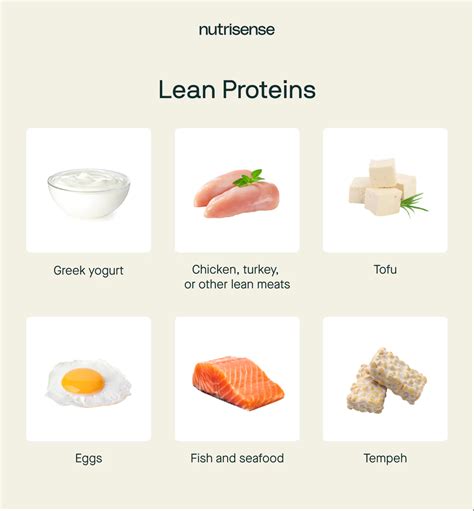How to optimize daily macros for sustained male energy and peak performance?

Unlocking Peak Male Performance Through Strategic Macro Optimization
For men aiming to sustain high energy levels, optimize physical and mental performance, and maintain overall health, understanding and optimizing daily macronutrients (proteins, carbohydrates, and fats) is paramount. This isn’t just about weight management; it’s about providing your body with the precise fuel it needs to function at its best, support hormonal balance, build and repair muscle, and recover efficiently.

The Pillars of Power: Protein for Muscle, Satiety, and Repair
Protein is the cornerstone of male nutrition, essential for muscle growth and repair, enzyme and hormone production, and maintaining a feeling of fullness. Adequate protein intake is crucial for preserving lean muscle mass, especially during periods of calorie deficit, and for supporting testosterone levels.
Recommended Intake and Sources:
- Target: Aim for approximately 1.6 to 2.2 grams of protein per kilogram of body weight (or 0.7 to 1 gram per pound) daily, adjusting based on activity level and goals.
- Sources: Lean meats (chicken, turkey, beef), fish (salmon, tuna), eggs, dairy (Greek yogurt, cottage cheese), legumes, and protein supplements.

Fueling Performance: Carbohydrates for Energy and Recovery
Often misunderstood, carbohydrates are your body’s primary and most efficient energy source, crucial for powering workouts, brain function, and replenishing glycogen stores for sustained energy. The key lies in choosing the right types of carbs and timing their intake strategically.
Complex vs. Simple Carbs:
- Complex Carbohydrates: These are slow-digesting and provide a steady release of energy, preventing energy crashes. Examples include whole grains (oats, brown rice, quinoa), sweet potatoes, and fibrous vegetables. These should form the bulk of your carbohydrate intake.
- Simple Carbohydrates: Found in fruits, honey, and sometimes used post-workout for rapid glycogen replenishment. Limit refined sugars and processed simple carbs.
Timing: Consume complex carbs before workouts for sustained energy and a mix of simple and complex carbs post-workout to kickstart recovery.

The Essential Element: Healthy Fats for Hormonal Balance and Health
Dietary fats are vital for male health, playing a critical role in hormone production (including testosterone), nutrient absorption (fat-soluble vitamins A, D, E, K), brain function, and reducing inflammation. Don’t shy away from healthy fats; they are essential for peak performance and well-being.
Types of Healthy Fats:
- Monounsaturated Fats: Found in avocados, olive oil, and nuts.
- Polyunsaturated Fats: Including Omega-3s (fatty fish like salmon, flaxseeds, chia seeds) and Omega-6s (nuts, seeds, some oils). Aim for a good balance.
- Saturated Fats: Consume in moderation from sources like grass-fed meat and coconut oil.

Optimizing Your Macro Ratios: Finding Your Personalized Blueprint
There’s no single “perfect” macro ratio; it depends heavily on your individual goals (e.g., muscle gain, fat loss, maintenance), activity level, body composition, and metabolism. However, a common starting point for active men aiming for performance and sustained energy might look like:
- Protein: 25-35% of daily calories
- Carbohydrates: 35-45% of daily calories
- Fats: 20-30% of daily calories
Implementation: Start by calculating your Basal Metabolic Rate (BMR) and Total Daily Energy Expenditure (TDEE). Then, distribute your macros within these percentages, track your intake and how you feel, and adjust as needed. Consistency and patience are key.

Beyond Macros: Hydration, Micronutrients, and Consistency
While macros form the foundation, remember that proper hydration, a rich intake of micronutrients (vitamins and minerals from fruits, vegetables, and whole foods), and adequate sleep are equally critical for overall energy and performance. No macro split can compensate for poor hydration or nutrient deficiencies.
Optimizing your daily macros is a dynamic process of learning what works best for your body. By prioritizing quality protein, strategic carbohydrates, and essential healthy fats, you lay the groundwork for sustained energy, enhanced recovery, and ultimately, peak performance in all aspects of your life.








